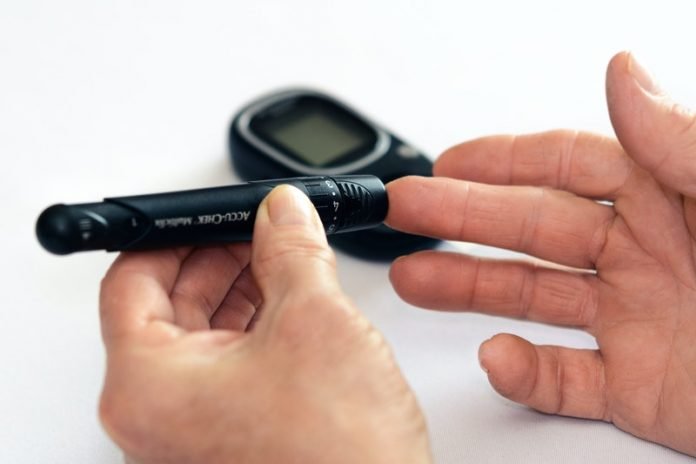
In a recent study from Johns Hopkins Medicine, researchers found that although doctors should discuss the problems of hypoglycemia, or low blood sugar, with patients who have diabetes and take high-risk medications such as insulin, the topic was only talked about in a quarter of those visits.
The study is published in the Journal of General Internal Medicine. One author is Scott Pilla, M.D., M.H.S.
Hypoglycemia is the most common serious side effect caused by diabetes treatment.
Severe hypoglycemic episodes can lead to negative consequences, including falls and emergency department visits, and may increase the risk for stroke and death.
In a 2018 survey of 20,188 adults with diabetes, 12% reported experiencing severe hypoglycemia within the previous year.
In the study, the team examined 83 primary care visits from one urban health practice, representing eight clinicians seeing 33 patients with diabetes who used insulin or sulfonylureas such as glipizide and glyburide.
They found communication between the clinician and patient about hypoglycemia occurred in 24% of visits, while communication about hypoglycemia prevention took place in 21%.
Despite patients voicing fear of hypoglycemia, clinicians rarely assessed hypoglycemia frequency, its severity or the impact it may have on the patient’s quality of life.
While office visits are sometimes complicated and often focus on a variety of topics, the study findings encourage doctors to make hypoglycemia assessment counseling a priority for patients taking high-risk diabetes medications.
The team says that for patients to have safe diabetes treatment, there needs to be open communication between them and their healthcare provider about medication side effects, especially hypoglycemia.
This is an important discussion to have because low blood sugar could cause a person to think unclearly and have an accident. They also suggest that patients speak up about low blood sugar during medical visits.
If you care about blood sugar control, please read studies about this anti-inflammation drug may increase diabetes risk in just 7 days and findings of statin use linked to higher risk of skin infections, diabetes.
For more information about diabetes prevention and treatment, please see recent studies about a new method to treat type 2 diabetes and results showing that this Indian herb may help lower blood sugar, treating diabetes.
Copyright © 2021 Knowridge Science Report. All rights reserved.



